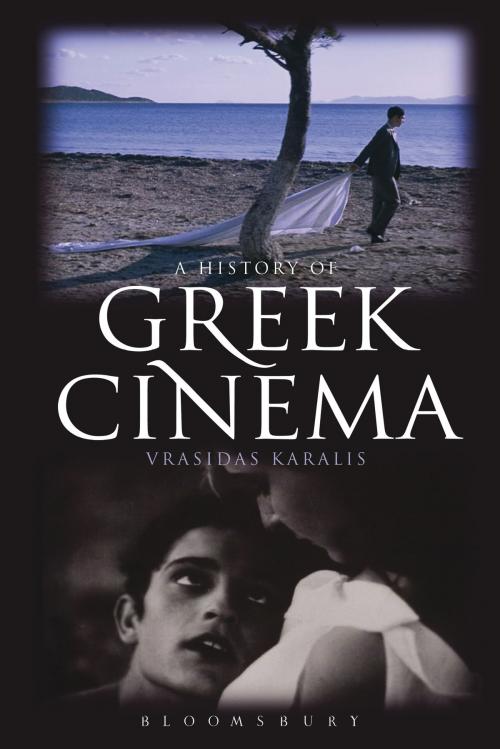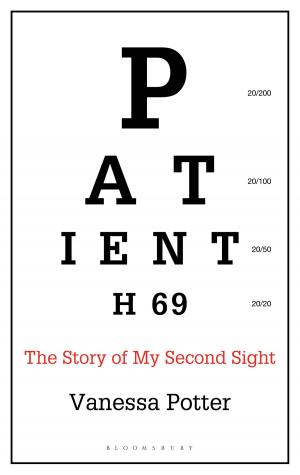| Author: | Vrasidas Karalis | ISBN: | 9781441112781 |
| Publisher: | Bloomsbury Publishing | Publication: | February 2, 2012 |
| Imprint: | Continuum | Language: | English |
| Author: | Vrasidas Karalis |
| ISBN: | 9781441112781 |
| Publisher: | Bloomsbury Publishing |
| Publication: | February 2, 2012 |
| Imprint: | Continuum |
| Language: | English |
The history of Greek cinema is a rather obscure and unexamined affair. Greek cinema started slowly and then collapsed; for several years it struggled to reinvent itself, produced its first mature works, then collapsed completely and almost vanished. Because of such a complex historical trajectory no comprehensive survey of the development of Greek cinema has been written in English. This book is the first to explore its development and the contexts that defined it by focusing on its main films, personalities and theoretical discussions.
A History of Greek Cinema focuses on the early decades and the attempts to establish a "national" cinema useful to social cohesion and national identity. It also analyses the problems and the dilemmas that many Greek directors faced in order to establish a distinct Greek cinema language and presents the various stages of development throughout the background of the turbulent political history of the country. The book combines historical analysis and discussions about cinematic form in to construct a narrative history about Greek cinematic successes and failures.
The history of Greek cinema is a rather obscure and unexamined affair. Greek cinema started slowly and then collapsed; for several years it struggled to reinvent itself, produced its first mature works, then collapsed completely and almost vanished. Because of such a complex historical trajectory no comprehensive survey of the development of Greek cinema has been written in English. This book is the first to explore its development and the contexts that defined it by focusing on its main films, personalities and theoretical discussions.
A History of Greek Cinema focuses on the early decades and the attempts to establish a "national" cinema useful to social cohesion and national identity. It also analyses the problems and the dilemmas that many Greek directors faced in order to establish a distinct Greek cinema language and presents the various stages of development throughout the background of the turbulent political history of the country. The book combines historical analysis and discussions about cinematic form in to construct a narrative history about Greek cinematic successes and failures.















